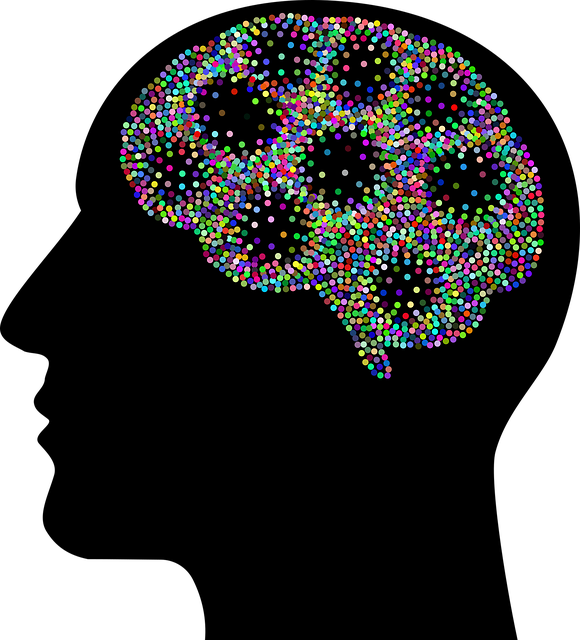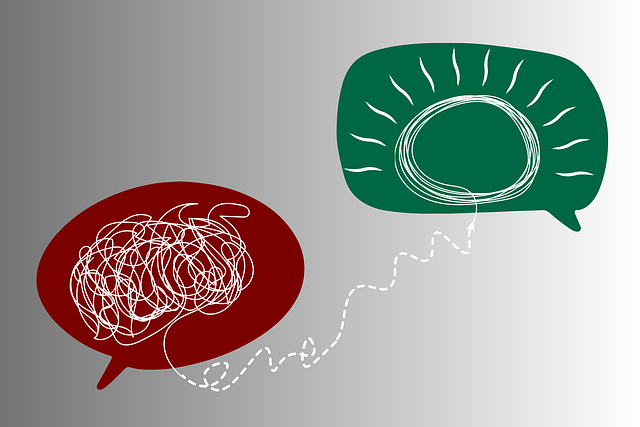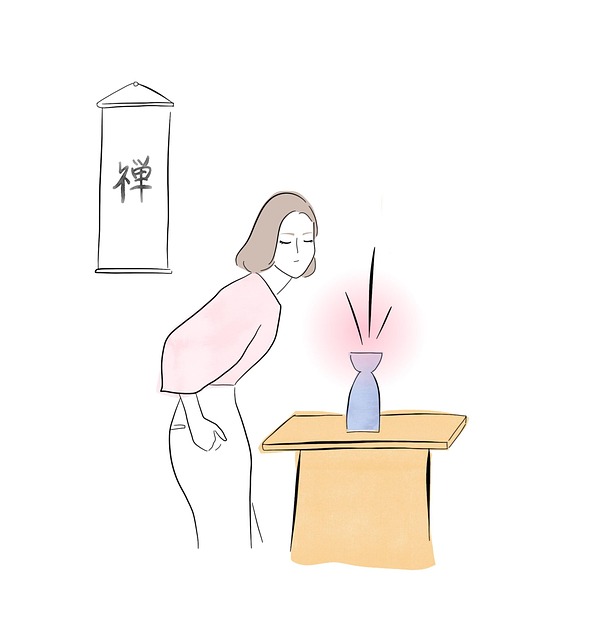Mental wellness apps and podcast series are gaining popularity as accessible solutions for emotional well-being, catering to various aspects of mental health. The Littleton Self-Esteem Therapy app is a comprehensive digital tool tailored for individuals looking to boost self-esteem through personalized exercises, mood tracking, and journaling prompts, with discreet trauma support services. Development involves strategic planning, technical expertise, clear therapeutic goals, engaging design, robust backend infrastructure, and strong data security. Marketing success relies on social media awareness campaigns, influencer collaborations, peer support groups, and reward systems to encourage consistent user engagement.
In today’s digital age, mental wellness apps are gaining significant traction as a crucial tool for enhancing psychological well-being. The rising demand for accessible therapy options has sparked a burgeoning trend in app development, with the Littleton Self-Esteem Therapy App leading the charge. This article explores the developing landscape of mental health technology, focusing on the key features and design considerations that make the Littleton app stand out. We’ll also delve into effective marketing strategies to foster user engagement, ensuring these innovative tools reach those who need them most.
- Understanding Mental Wellness and its Apps: A Growing Trend
- Designing the Littleton Self-Esteem Therapy App: Key Features
- Development Process and Technical Considerations
- Marketing and User Engagement Strategies for Mental Health Apps
Understanding Mental Wellness and its Apps: A Growing Trend

In today’s fast-paced world, mental wellness has emerged as a paramount concern, leading to a growing trend in the development of specialized apps. These digital tools offer accessible and often innovative solutions for individuals seeking support for their emotional well-being. The concept of using technology to foster mental health is not new, but recent advancements have made it more impactful and personalized. Apps cater to various aspects of mental wellness, from stress management and mindfulness practices to crisis intervention and self-esteem therapy, such as the Littleton Self-Esteem Therapy app, designed to provide users with tailored strategies for building confidence.
The market is witnessing an influx of Mental Wellness Podcast Series Production, where experts and influencers discuss topics related to mental health, offering valuable insights and guidance. Additionally, apps are incorporating crisis intervention techniques, ensuring users have access to immediate support during times of distress. Effective communication strategies are also at the forefront, enabling app developers to create engaging interfaces that encourage users to openly discuss their feelings and seek help. This shift towards digital solutions reflects a broader societal need to prioritize mental wellness and offers promising avenues for reaching those in need.
Designing the Littleton Self-Esteem Therapy App: Key Features

The Littleton Self-Esteem Therapy App is designed to be an empowering tool for individuals seeking self-esteem improvement. Key features include a personalized track system that guides users through various exercises tailored to their specific needs, focusing on empathy building strategies such as cognitive reframing and affirmations. The app also incorporates interactive activities like journaling prompts, guided meditations, and mood tracking to help users monitor their progress.
For those who have experienced trauma, the Littleton Self-Esteem Therapy App offers discreet and accessible trauma support services. It includes specialized modules designed to foster resilience, provide coping mechanisms, and offer a safe digital space for self-reflection and healing. The app’s intuitive interface ensures that users can easily navigate these sensitive topics at their own pace, promoting mental wellness in a supportive environment.
Development Process and Technical Considerations

The development process for a mental wellness app like Littleton Self-Esteem Therapy involves careful planning and execution to ensure it meets the needs of its target audience effectively. It begins with defining specific therapeutic goals, such as boosting self-esteem or providing anxiety relief through interactive features. The design phase is crucial in creating an intuitive user interface that encourages consistent engagement, incorporating elements of visual appeal and ease of navigation.
Technical considerations play a significant role in app development. For instance, developers must choose appropriate programming languages and frameworks suitable for the intended platform (iOS, Android, or web). Integrating features like chat functionality, progress tracking, and access to mental wellness resources require robust backend support. Additionally, ensuring data security and privacy is essential, especially when handling sensitive user information related to Anxiety Relief or Conflict Resolution Techniques explored in popular Mental Wellness Podcast Series Production.
Marketing and User Engagement Strategies for Mental Health Apps

Marketing and user engagement are pivotal for the success of any mental wellness app, especially those focusing on unique aspects like self-esteem therapy in Littleton. To attract users, apps should leverage social media platforms to create awareness around their benefits—for instance, highlighting how Self-Awareness Exercises can improve users’ overall well-being. Influencer partnerships and collaborations with mental health advocates can also increase visibility and credibility.
Engagement strategies beyond marketing are essential for long-term user retention. Implementing features that encourage interaction, such as peer support groups or leaderboards for challenges, fosters a sense of community. A Community Outreach Program Implementation centered around resilience building through app activities can further strengthen user connections. Rewards systems or achievement badges can motivate users to consistently engage with the app and complete tasks designed to enhance their mental health journey.
The development of mental wellness apps, exemplified by the Littleton Self-Esteem Therapy App, signifies a promising step forward in addressing psychological health. By incorporating intuitive design, evidence-based therapies, and robust technical features, these applications offer accessible and personalized support to users worldwide. Effective marketing strategies and user engagement techniques further enhance their impact, making mental wellness resources more inclusive and impactful. As the demand for digital mental health solutions continues to grow, app developers have a unique opportunity to create innovative tools that foster resilience, self-care, and improved overall well-being.














